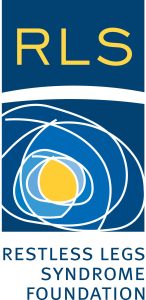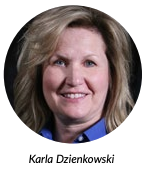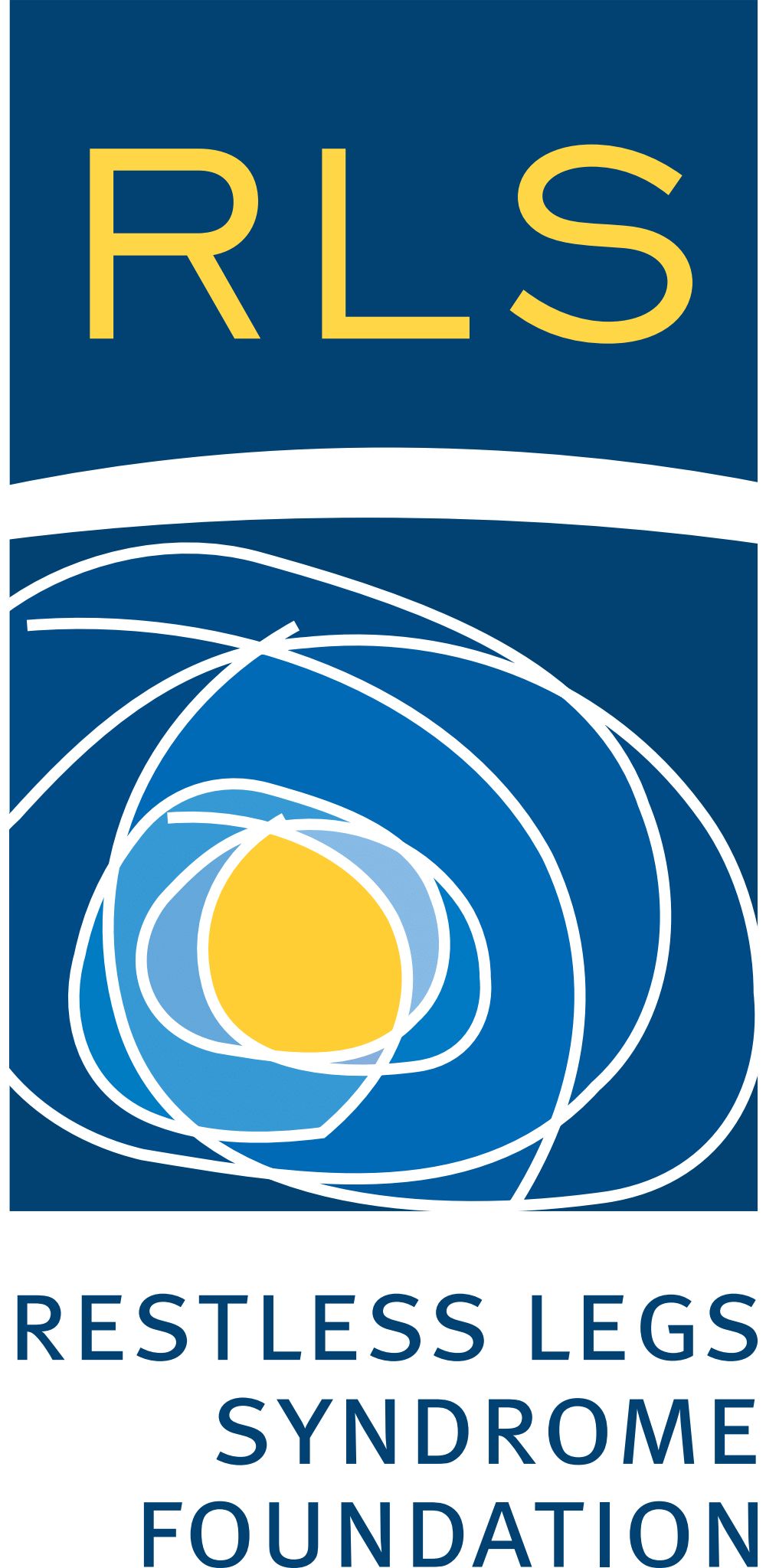
The Restless Legs Syndrome Foundation is a nonprofit 501(c)(3) organization dedicated to improving the lives of men, women, and children who live with this often-devastating disease. The organization’s goals are to increase awareness, improve treatments, and through research, find a cure. The Restless Legs Syndrome Foundation is the leading organization for science-based education and patient services for people suffering from restless legs syndrome. It is also the only organization with a dedicated research grant program to advance promising research leading to new treatments and a cure for RLS.
Founded in 1992, the Foundation has provided over $2 million in support of RLS research. It has grown from a small group of volunteers meeting around a kitchen table in Raleigh, North Carolina, into a growing organization with nearly 6,000 members, over 70 volunteers, and a small full-time staff in an office located in Austin, Texas.
RLS was regarded as a “rare” condition when we began, but our understanding of the disease has changed drastically. We now know that the condition is not rare at all. RLS affects about 5-10% of adults in Europe and North America; 2-3% with moderate to severe forms of the condition.
LIVING WITH RLS
Nearly 12 million Americans live with RLS. There are four FDA-approved treatments for RLS—none are lifelong therapies. About 1 in 33 Americans – 3 percent of the US population – has RLS that is severe enough to need daily medical treatment. When all other treatments have failed, opioids in low total daily doses are highly effective at alleviating RLS symptoms. In July 2021, Mayo Clinic Proceedings published new consensus treatment guidelines to inform healthcare providers about best practices in treating RLS. The Foundation has certified eleven RLS Quality Care Centers to provide individuals with access to knowledgeable healthcare providers who have experience treating mild to severe forms of the disease, including augmentation.
The Foundation’s Public Policy Initiative allows members of the RLS community to share their own RLS stories with their legislators in an effort to increase RLS research funding, support healthcare provider education at the CDC, and improve access to treatment.
The RLS Foundation celebrates its 30th Anniversary on June 17, 2022. Looking back to 2002 when her eleven-year-old daughter was newly diagnosed with RLS, RLS Foundation Executive Director Karla Dzienkowski says, “I look forward to the next decade in the history of the RLS Foundation. I have high hopes for increased awareness of RLS, improved and durable treatments, and ultimately, research leading to the discovery of a cure so that future generations are no longer affected by RLS.”
To learn more visit rls.org
______________________________________________________________________________________________________




